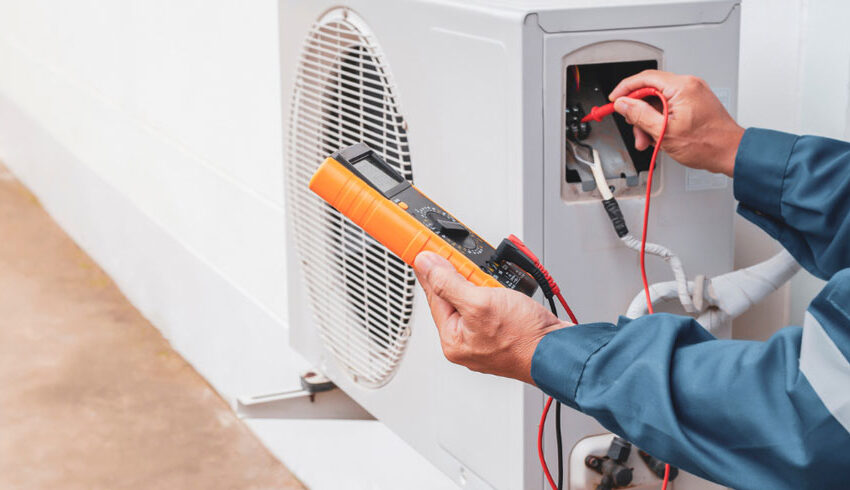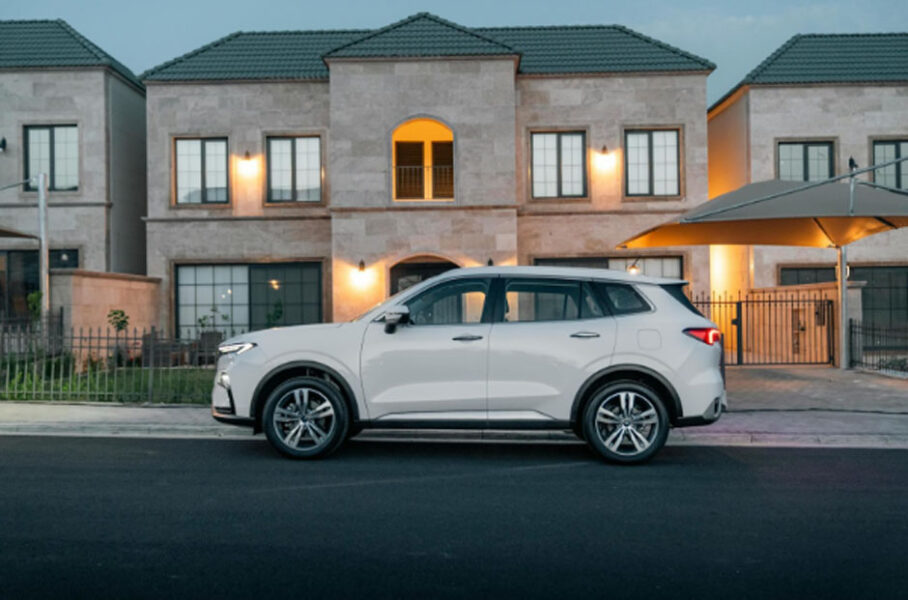Essential HVAC Tips for Homebuyers in North Carolina

Buying a home in North Carolina is a major decision and an exciting prospect for long-term safety. Location, floor plan, and external appearance always tend to hog the limelight, but heating and cooling receive equal importance. They contribute significantly to your comfort and future savings.
Since the state climate of North Carolina is so varied from sea to mountain, any prospective homebuyer is required to take into account the age, use, and sufficiency of a property’s heating and cooling equipment. This guide will enable homeowners to make smart choices that will ensure long-term comfort and efficiency and avoid unexpected problems.
Why Climate Matters for HVAC
North Carolina has a varying climate, from hot east coast summers to cold west mountain winters. What this means is that HVAC systems across the state will be operating year-round.
Irrespective of whether you are from Charlotte, Raleigh, Asheville, or Wilmington, it is very important to ensure that an HVAC system can provide the climatic needs of the region.
Faulty or old systems tend to fail the seasonal needs, leading to discomfort and increased expenses. Spending on an effective system or negotiating necessary improvements will be cost-effective in the long run and improve the standard of living.
Never Disregard a Proper HVAC Inspection
Even though a normal home inspection is typically the standard home-buying practice, it is most likely not a full assessment of the HVAC system. Qualified inspectors will look at what they can see and are not necessarily going to identify concealed problems like clogged ducts, refrigerant leaks, or leaking compressors.
The best method is to schedule a commercial heating, ventilation, and air conditioning inspection before buying a home. Such specialty inspection will touch on equipment age, refrigerant capacity, thermostat response, integrity of ductwork, and energy performance.
In case of doubt, check North Carolina’s HVAC services offices for someone’s advice or buying estimates on repairs. Your mere few hundred dollars today can realize thousands tomorrow.
Calculating the System’s Age and Expectancy
The first thing to consider is the age of the system. Knowing how many years of life the major HVAC parts have left can prepare you for any possible upgrade or replacement. Here are the normal lifespans to guide you:
- Furnaces last 15 to 20 years
- Central air conditioners can function well for 10 to 15 years
- Heat pumps can still function for 10 to 15 years
If the equipment is nearing its service life, ask for records of service or receipts from the vendor.
Verifying Energy Efficiency: SEER Ratings Defined
Seasonal Energy Efficiency Ratio, or SEER, is the air conditioning system’s efficiency rating. The higher the energy savings, the higher the SEER rating. Based on such data, measuring the cost of running the system over the long term will be possible.
- 13 to 15 SEER is typical efficiency
- 16 to 20 SEER signifies higher efficiency and usually qualifies for the ENERGY STAR rating
- 20 SEER or more systems provide outstanding performance
High-efficiency equipment can save 20 to 40 percent on your utility bills. When buying a home in North Carolina, question whether the efficiency of the system is such that it can meet the local seasonal requirements and long-term energy goals.
Adjusting the HVAC System to the Needs of the Houses
Each HVAC setup is unique, and what will serve your new house best depends on its construction, size, and seating capacity. In North Carolina, there will be multiple setups:
- Central furnaces and air systems are standard in homes and are good performers that require ducts.
- Heat pumps are affordable for areas that have mild winters but may require supplemental heat for temperatures below freezing.
- Mini-split ductless is suitable for ductless homes and is a choice that provides zoned climate control.
- Geothermal heating and cooling is offered in green or high-performance homes and has increased efficiency at higher costs.
Knowing that the HVAC system is appropriate for your building gives extra comfort and control when indoors.
Request Complete HVAC Maintenance and Service Histories
Proper maintenance dramatically prolongs the life of HVAC equipment. Otherwise, though, they will break down prematurely regardless of age if they have not been serviced normally.
Request the following from the seller:
- Records of past service and seasonal maintenance
- All repair history, such as replaced parts or critical issues, resolved
- Warranty status on installed equipment or recently installed equipment
North Carolina contractors who do HVAC work can inspect these records to spot red flags or suggest needed upgrades before closing on the home.
Inspect Air Ducts and Indoor Air Quality
Air ducts are most often overlooked but essential to the air’s quality and the system’s functioning. While moving through a home, inspect for red flags like
- Visible mildew or mold around vents
- Unstable room temperatures
- Dust buildup around return grilles or supply registers
Rusty or leaky ducts may lead to breathing difficulties, especially for allergy patients. If your home is older or has obvious issues, include a duct inspection or cleaning service in your package.
Budgeting for Future HVAC Costs
While the HVAC system functions efficiently now, budget for future repair or replacement. Estimated prices are
- HVAC inspection: $150 to $400
- Air conditioner replacement: $3,000 to $7,000
- Furnace installation: $2,500 to $6,000
- Duct cleaning or duct repair: $300 to $1,500
Obtain multiple quotes from reputable North Carolina HVAC service contractors to secure the best terms. Utilize these quotes in negotiations for price concessions or seller incentives.
Be Careful of Advanced Smart HVAC Features
New houses include advanced technologies that maximize convenience and energy efficiency. During inspection, be careful to observe if the HVAC system includes:
- Wi-Fi-enabled or programmable thermostats
- Zone-controlled systems with discrete temperature control by area or floor
- Integrated smart home systems via voice automation or apps
If the above features are not available, one can estimate the prices to upgrade and ask that they be added to their buy offer.
Conclusion
When buying a house in North Carolina, inspecting the HVAC system with complete regard is the smart and sensible thing to do. A well-designed system provides maximum long-term comfort, has lower utility bills, and does away with expensive billings for repairs in the future. Whether it knows about equipment age and maintenance history or is considering energy efficiency along with duct condition, one piece of information is more pertinent than another. Being proactive with professional maintenance and thoughtful planning allows you to negotiate from a position of strength and move into a ready house for North Carolina’s diverse climate. Prioritizing HVAC lays the groundwork for comfort and peace of mind in your new home.





